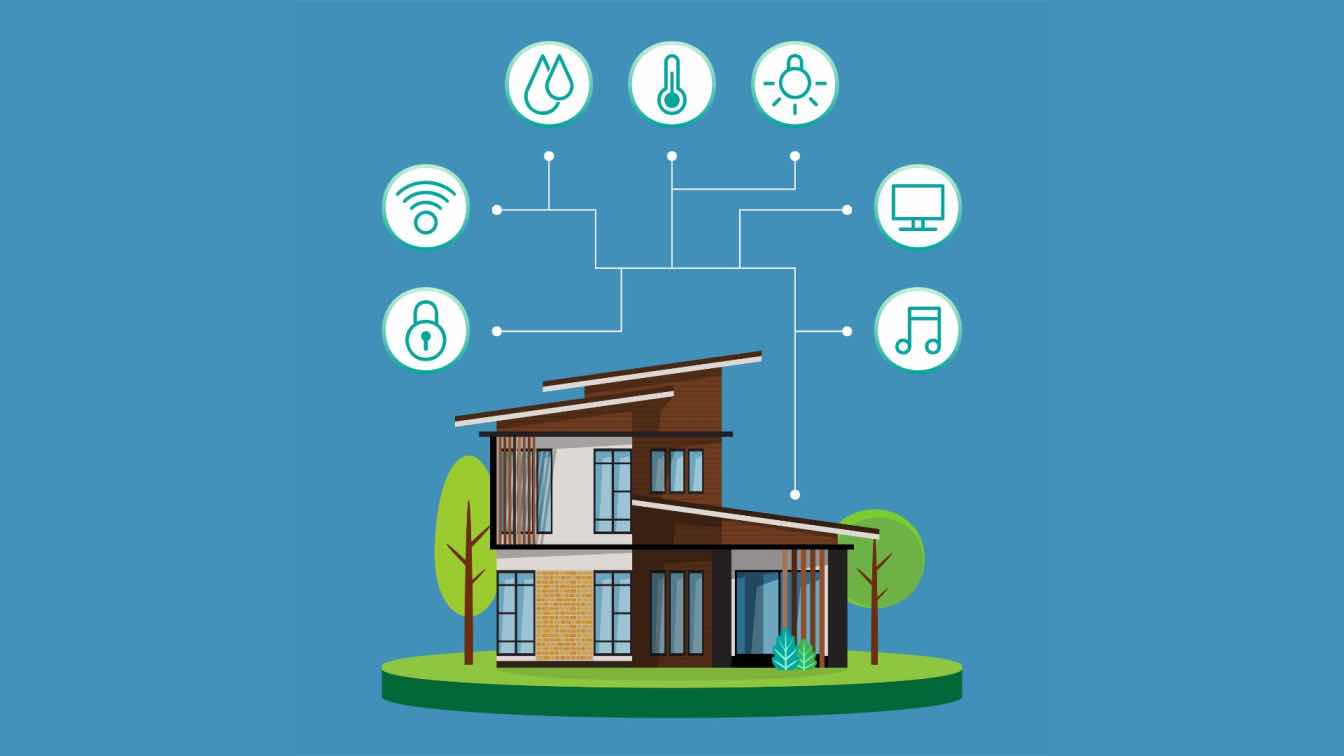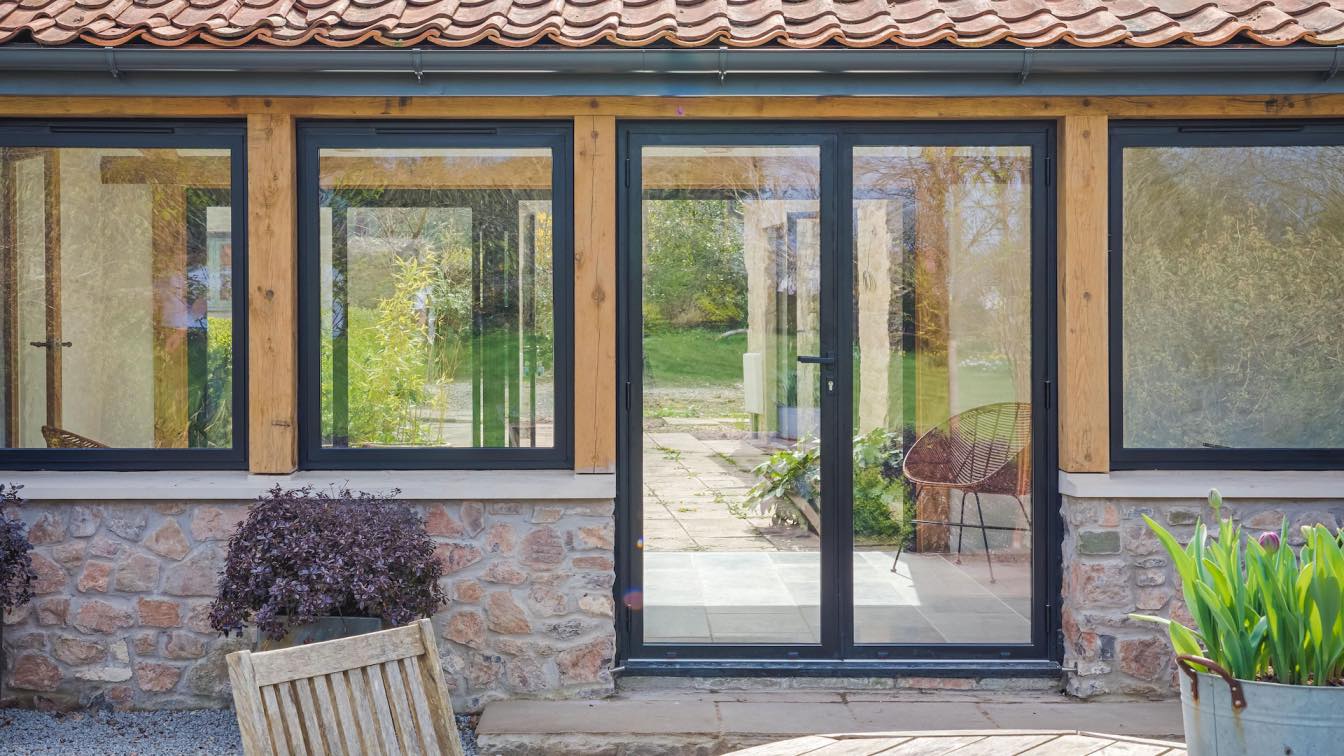In today's world, where environmental concerns and rising energy costs are at the forefront, ensuring that our homes are energy-efficient has become more critical than ever. Home energy efficiency refers to the ability of a residence to maintain comfortable living conditions while minimizing energy consumption and waste. This comprehensive guide will explore the various aspects of home energy efficiency, from understanding consumption patterns to implementing practical solutions for a greener and more cost-effective home.
Understanding Home Energy Consumption
Before delving into strategies for improving energy efficiency, it's essential to understand the factors that contribute to home energy consumption. Factors such as insulation quality, heating and cooling systems, lighting, and appliance efficiency all play a significant role in determining a home's energy usage. Identifying areas of energy waste is the first step towards creating a more efficient home. Platforms like energyhelpline.com offer valuable insights and tools to help homeowners analyze their energy usage patterns, compare energy tariffs, and find ways to optimize energy consumption effectively.
Benefits of Home Energy Efficiency
The benefits of home energy efficiency are manifold. Not only does it lead to significant cost savings on utility bills, but it also reduces carbon emissions and lessens the environmental impact of energy consumption. By investing in energy-efficient upgrades, homeowners can enjoy greater comfort, lower energy bills, and contribute to a more sustainable future.
Assessing Home Energy Efficiency
Conducting a home energy audit is a crucial step in assessing the current energy efficiency of your home. This involves a comprehensive evaluation of factors such as insulation, air leakage, heating and cooling systems, lighting, and appliances. Identifying areas for improvement allows homeowners to prioritize energy-saving measures effectively.
Improving Home Energy Efficiency
There are various strategies for improving home energy efficiency, ranging from simple DIY projects to more extensive renovations. Insulating attics and walls, sealing air leaks, upgrading to energy-efficient appliances, and utilizing renewable energy sources are all effective ways to reduce energy consumption and lower utility bills.
Smart Home Technologies for Energy Efficiency
Advancements in smart home technology have made it easier than ever to monitor and manage energy usage. Smart thermostats, energy monitoring systems, and automated lighting controls allow homeowners to optimize energy efficiency while maintaining comfort and convenience.
Government Incentives and Rebates
Many governments offer incentives and rebates to encourage homeowners to invest in energy-efficient upgrades. These incentives may include tax credits, rebates for purchasing energy-efficient appliances, and subsidies for renewable energy installations. Taking advantage of these programs can significantly offset the cost of energy-efficient improvements.
DIY vs. Professional Assistance
While there are many DIY solutions for improving home energy efficiency, some projects may require professional assistance. Deciding whether to tackle projects yourself or hire a professional depends on factors such as skill level, budget, and the complexity of the project. In some cases, hiring a professional may be more cost-effective in the long run.
Creating Energy-Efficient Habits
In addition to making physical upgrades to your home, adopting energy-efficient habits can further reduce energy consumption. Simple actions such as turning off lights when not in use, unplugging electronics, using programmable thermostats, and air-drying laundry can all contribute to significant energy savings over time.
Future Trends in Home Energy Efficiency
The future of home energy efficiency is bright, with emerging technologies and sustainable building practices promising even greater energy savings. Innovations such as net-zero energy homes, energy storage systems, and decentralized energy grids are poised to revolutionize the way we power our homes in the years to come.
Case Studies: Successful Energy Efficiency Implementations
Examining real-life examples of successful energy efficiency projects can provide valuable insights and inspiration for homeowners looking to make similar improvements. Case studies showcasing energy-efficient homes and buildings highlight the tangible benefits of investing in energy-saving measures.
Challenges and Barriers to Home Energy Efficiency
Despite the numerous benefits of home energy efficiency, there are also challenges and barriers that homeowners may face. These may include upfront costs, lack of awareness, technical complexity, and regulatory hurdles. Overcoming these challenges requires a combination of education, financial incentives, and policy support.
Educational Resources and Further Reading
For homeowners interested in learning more about home energy efficiency, there are plenty of resources available. Websites, books, and courses dedicated to energy-efficient living provide valuable information and guidance on topics such as energy-saving tips, renewable energy options, and home improvement strategies.
In conclusion, home energy efficiency is not only beneficial for reducing energy costs but also for mitigating environmental impact and enhancing overall comfort and quality of life. By implementing the strategies outlined in this guide, homeowners can create more sustainable and resilient homes for themselves and future generations.





